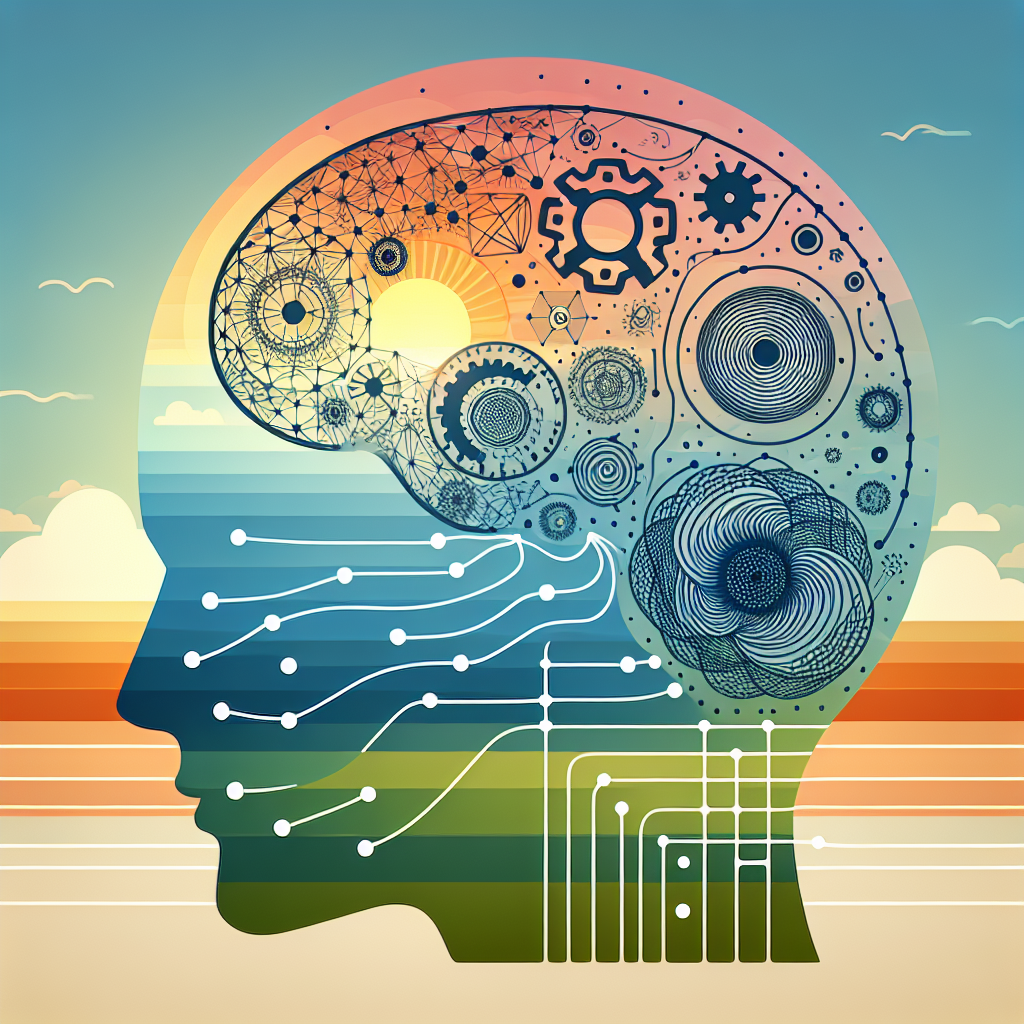The Impact of AI and Machine Learning on Mental Health
In recent years, there has been a growing interest in the potential of artificial intelligence (AI) and machine learning to revolutionize the field of mental health. These technologies have the ability to analyze vast amounts of data and identify patterns that may not be immediately apparent to human clinicians. This has the potential to improve the accuracy of diagnosis, personalize treatment plans, and even predict the onset of mental health issues before they become severe.
AI and machine learning algorithms can be used in a variety of ways to assist in mental health care. For example, they can analyze speech patterns to detect signs of depression or anxiety, monitor social media activity for signs of distress, or even predict suicidal behavior based on a person’s online activity. These technologies can also be used to develop chatbots that provide support and guidance to individuals struggling with mental health issues, or virtual reality programs that help individuals confront their fears in a controlled environment.
One of the key advantages of AI and machine learning in mental health care is their ability to provide personalized treatment plans. By analyzing a person’s unique characteristics and treatment history, these technologies can recommend the most effective interventions for that individual. This can lead to better outcomes and a more efficient use of resources.
Another potential benefit of AI and machine learning in mental health care is their ability to predict the onset of mental health issues before they become severe. By analyzing a person’s behavior and other relevant data, these technologies can identify early warning signs and intervene before a crisis occurs. This can help to prevent the development of more serious mental health conditions and improve the overall well-being of individuals.
Despite the potential benefits of AI and machine learning in mental health care, there are also some concerns and challenges that need to be addressed. One of the main concerns is the potential for bias in the algorithms used in these technologies. If the data used to train these algorithms is not representative of the population as a whole, it can lead to inaccurate or discriminatory results. It is important to ensure that these technologies are developed and used in a way that is ethical and unbiased.
Another challenge is the issue of privacy and data security. In order to analyze a person’s behavior and other relevant data, AI and machine learning algorithms need access to a significant amount of personal information. It is important to ensure that this information is handled securely and in compliance with relevant privacy laws and regulations.
Additionally, there is a concern about the potential for these technologies to replace human clinicians in the mental health care field. While AI and machine learning can provide valuable insights and support, they should be used as tools to augment the work of human clinicians, rather than replace them entirely. It is important to maintain the human element in mental health care and ensure that individuals receive the personalized care and support they need.
Overall, the impact of AI and machine learning on mental health is still in its early stages, but the potential benefits are significant. By harnessing the power of these technologies, we can improve the accuracy of diagnosis, personalize treatment plans, and even predict the onset of mental health issues before they become severe. However, it is important to address the concerns and challenges associated with these technologies to ensure that they are used in a responsible and ethical manner.
FAQs
Q: How are AI and machine learning used in mental health care?
A: AI and machine learning algorithms can be used to analyze speech patterns, monitor social media activity, predict suicidal behavior, develop chatbots, and create virtual reality programs that assist individuals struggling with mental health issues.
Q: What are the potential benefits of AI and machine learning in mental health care?
A: The potential benefits include improved accuracy of diagnosis, personalized treatment plans, prediction of the onset of mental health issues, and early intervention to prevent more serious conditions.
Q: What are some concerns and challenges associated with AI and machine learning in mental health care?
A: Concerns include bias in algorithms, privacy and data security issues, and the potential for these technologies to replace human clinicians. It is important to address these challenges to ensure that AI and machine learning are used in a responsible and ethical manner.

